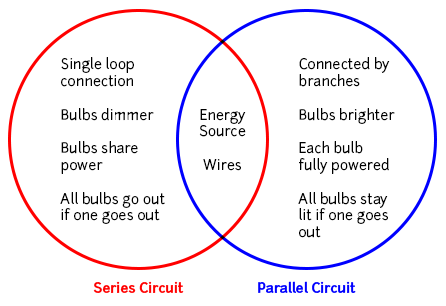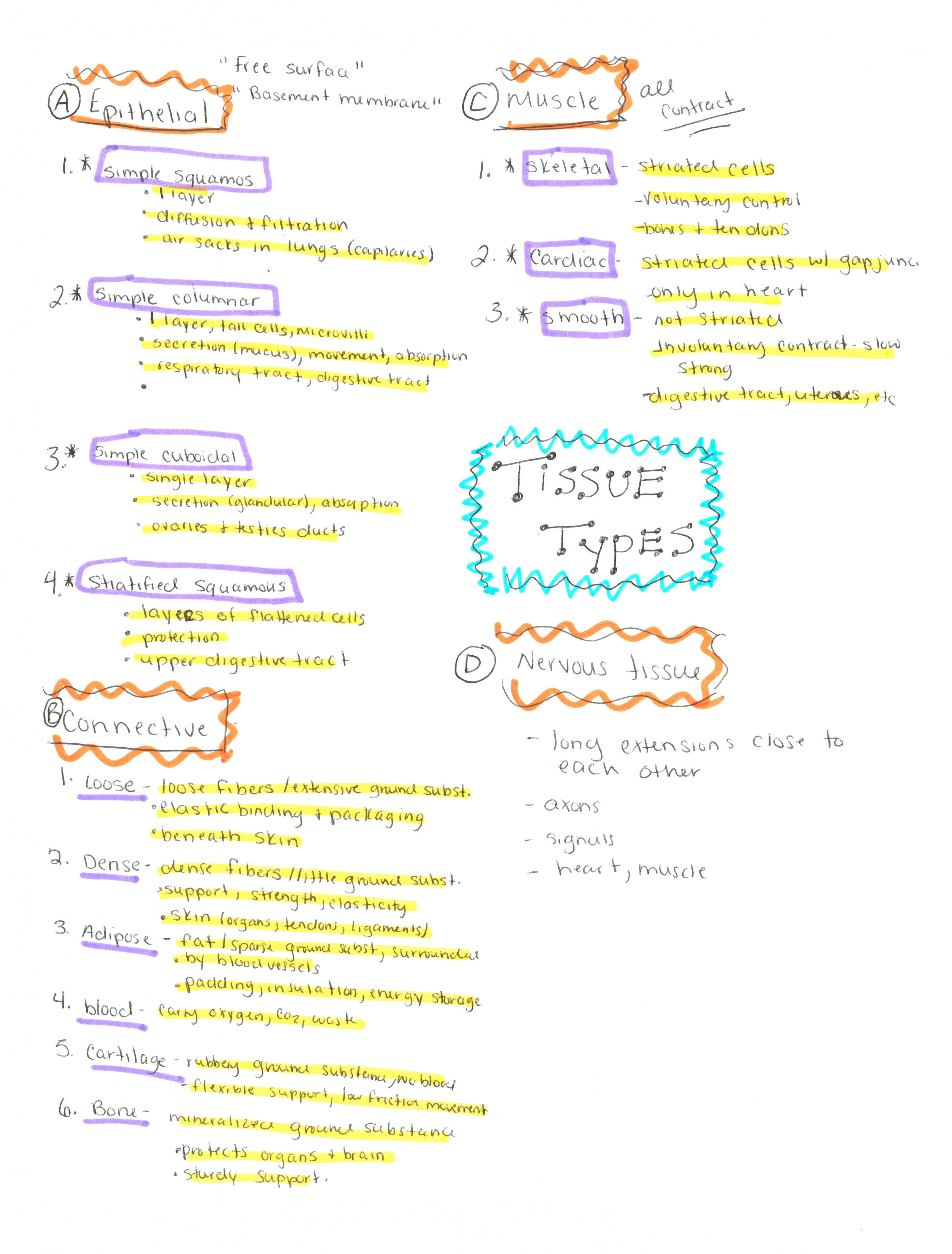
Concept maps are visual representations of information. They can take the form of charts, graphic organizers, tables, flowcharts, Venn Diagrams, timelines, or T-charts. Concept maps are especially useful for students who learn better visually, although they can benefit any type of learner. They are a powerful study strategy because they help you see the big picture: by starting with higher-level concepts, concept maps help you chunk information based on meaningful connections. In other words, knowing the big picture makes details more significant and easier to remember.
Concept maps work very well for classes or content that have visual elements or in times when it is important to see and understand relationships between different things. They can also be used to analyze information and compare and contrast.
Making one is simple. There is no right or wrong way to make a concept map. The one key step is to focus on the ways ideas are linked to each other. For a few ideas on how to get started, take out a sheet of paper and try following the steps below:
Your completed concept map is a great study tool. Try the following steps when studying:
Example 1: This example illustrates the similarities and differences between two ideas, such as Series and Parallel Circuits. Notice the similarities are in the intersection of the 2 circles.

Example 2: This example illustrates the relationship between ideas that are part of a process, such as a Food Chain.
 ideas that are part of a process, in this case, a food chain." width="579" height="84" />
ideas that are part of a process, in this case, a food chain." width="579" height="84" />
Example 3: This example illustrates the relationship between a main idea, such as climate change, and supporting details.

Example 4: Outlining is a less visual form of concept mapping, but it might be the one you’re most familiar with. Outlining by starting with high-level course concepts and then drilling down to fill in details is a great way to determine what you know (and what you don’t know) when you’re studying. Creating an outline to start your studying will allow you to assess your knowledge base and figure out what gaps you need to fill in. You can type your outline or create a handwritten, color-coded one as seen in Example 5.

A concept map is one tool that you can use to study effectively, but there are many other effective study strategies. Check out these resources and experiment with a few other strategies to pair with concept mapping.
Make an appointment with an academic coach to practice using concept maps, make a study plan, or discuss any academic issue.
Attend a workshop on study strategies to learn about more options, get some practice, and talk with a coach.
You can create virtual concept maps using applications like Mindomo, TheBrain, and Miro. You may be interested in features that allow you to:
Learn more about how a Writing Center coach uses TheBrain to create concept maps in our blog post, TheBrain and Zotero: Tech for Research Efficiency.
Holschuh, J. and Nist, S. (2000). Active learning: Strategies for college success. Massachusetts: Allyn & Bacon.

This work is licensed under a Creative Commons Attribution-NonCommercial-NoDerivs 4.0 License.
You may reproduce it for non-commercial use if you use the entire handout and attribute the source: The Learning Center, University of North Carolina at Chapel Hill
If you enjoy using our handouts, we appreciate contributions of acknowledgement.
Blog Posts on Concept Maps
The Learning Center
Campus Box #5135
Suite 0118 & 2109 SASB North
450 Ridge Road
Chapel Hill, NC 27599
(919) 962-7710
learning_center@unc.edu